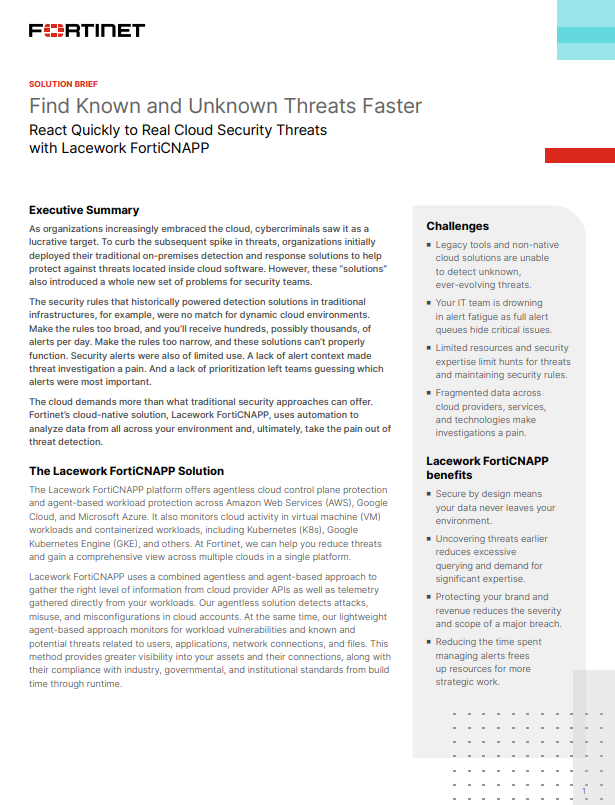Dropbox will start storing customer business data in Germany
File-sharing firm will use Amazon Web Services’ Frankfurt datacentre

Dropbox’s answer to the defunct Safe Harbour agreement is to store customer data in Germany.
The cloud storage firm will allow users to store their business files in Amazon Web Services (AWS) Frankfurt datacentre, starting in autumn 2016, it confirmed today.
The move comes after the Safe Harbour deal, which guaranteed the protection of EU data transferred to the US was ruled invalid last October.
A replacement agreement, dubbed Privacy Shield, is still being considered by the EU, but has come under fire from privacy campaigners who point out that claims European data will not be subject to mass surveillance are not supported by US law.
Thomas Hansen, Dropbox’s global VP of sales, said in a blog post today: “We committed in December to be able to host customer data within Europe in 2016. We will use Amazon Web Services (AWS) to host business customer file contents in Europe. We believe this will create more options for our business customers in the near term.”
It appears that storing data in Europe will not be an option for consumer customers of the file-sharing firm, even though 75 per cent of Dropbox users live outside the US. It is not clear whether the new provision will be open to non-European business customers.
Hansen added: “The continued protection of individual privacy and the free flow of data are critical to the innovation that drives the economies on both sides of the Atlantic. We appreciate the hard work of the US and European negotiators to reach a deal regarding transatlantic data transfers and we look forward to hearing more about the Privacy Shield agreement in the coming weeks.”
Get the ITPro daily newsletter
Sign up today and you will receive a free copy of our Future Focus 2025 report - the leading guidance on AI, cybersecurity and other IT challenges as per 700+ senior executives
The EU is not expected to make a decision on the validity of Privacy Shield until its group of data regulators has examined it, a process not due to be complete until April.
-
 Neural interfaces promise to make all tech accessible – it’s not that simple
Neural interfaces promise to make all tech accessible – it’s not that simpleColumn Better consideration of ethics and practical implementation are needed if disabled people are to benefit from neural interfaces
By John Loeppky
-
 Solution Brief: Find Known and Unknown Threats Faster
Solution Brief: Find Known and Unknown Threats FasterDownload Now
By ITPro
-
 Future trends, changing work today
Future trends, changing work todaywhitepaper The Ultimate Guide
By ITPro
-
 Go virtual in 3 steps, with Forrester
Go virtual in 3 steps, with Forresterwhitepaper Put virtual reality technology to work in your business
By ITPro
-
 VR Diaries: Forrester
VR Diaries: ForresterWebinar Put virtual reality technology to work in your business
By ITPro
-
 Mixed reality for work
Mixed reality for workwhitepaper The ultimate guide
By ITPro
-
 Meet in VR: The beginner's guide
Meet in VR: The beginner's guidewhitepaper Seven meeting challenges VR can help you solve
By ITPro
-
 Learn in VR: The beginner's guide
Learn in VR: The beginner's guidewhitepaper Seven training challenges VR can help you solve
By ITPro
-
 Create in VR: The beginner's guide
Create in VR: The beginner's guidewhitepaper Five creative challenges VR can help you solve
By ITPro
-
 Virtual reality for work: The ultimate guide
Virtual reality for work: The ultimate guidewhitepaper Six ways virtual reality is changing the future of work
By ITPro